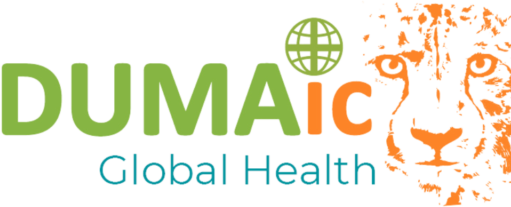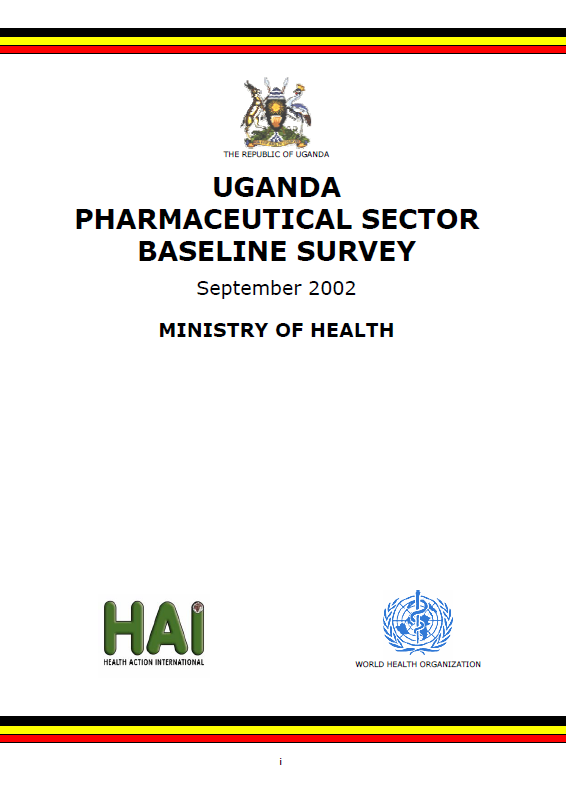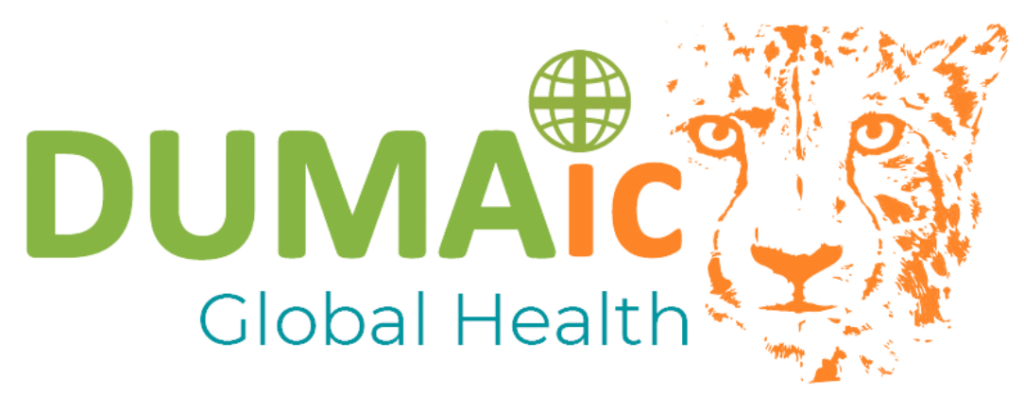- Version
- Download 6
- File Size 694 KB
- File Count 1
- Create Date 30 September 2024
- Last Updated 30 September 2024
UGANDA PHARMACEUTICAL SECTOR BASELINE SURVEY
Monitoring, evaluating, and assessing the pharmaceutical situation in countries are important
for determining if people have access to essential medicines that are safe, efficacious, and of
good quality, and that are being used properly.
The World Health Organization in collaboration with Health Action International – Africa
supported the Ministry of Health, Uganda in carrying out a baseline survey assessing the
pharmaceutical situation based on Levels I and II indicators as described in the Operational
Package for Monitoring and Assessing the Pharmaceutical Situation in Countries.
The assessment was carried out in four geographic and socio-economically representative
districts with a study population of 20 randomly selected public health facilities, 20 public
pharmacies, 20 private pharmacies/drug outlets, 5 central/district medicines warehouses, and
300 households.
Using standard indicators, data were collected for the availability of key essential medicines,
duration of stock-outs, rational drug use, household health care-seeking behaviour and access
to prescribed medicines.
The median percentage availability of key medicines was 75% in public health facilities, and
55% in district warehouses. The median stock out duration of the basket of key drugs in public
health facilities and district warehouses was found to be 89.3 days (~3 months) and 182 days
(~6 months) respectively. The median antibiotic and injection use in public health facilities was
found to be 61.9% and 29.5% respectively.
The majority of the households sought healthcare from public health services, and 28 percent
of the people could not obtain prescribed medicines due to economic and availability factors.
There was unacceptably high stock-out duration of key medicines and use of antibiotics and
injections in public health facilities.
This baseline survey provides key information that will be used to plan and implement
interventions to address under-performing areas identified in the assessment, which affect
access, quality and rational use of essential medicines.
It also provides a baseline for periodic review of work in the pharmaceuticals area so that
adjustments may be made according to needs and performance.



